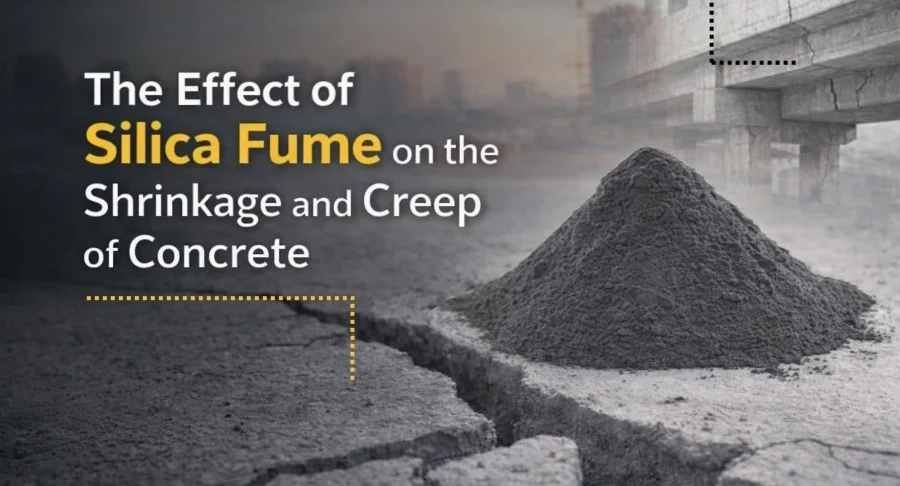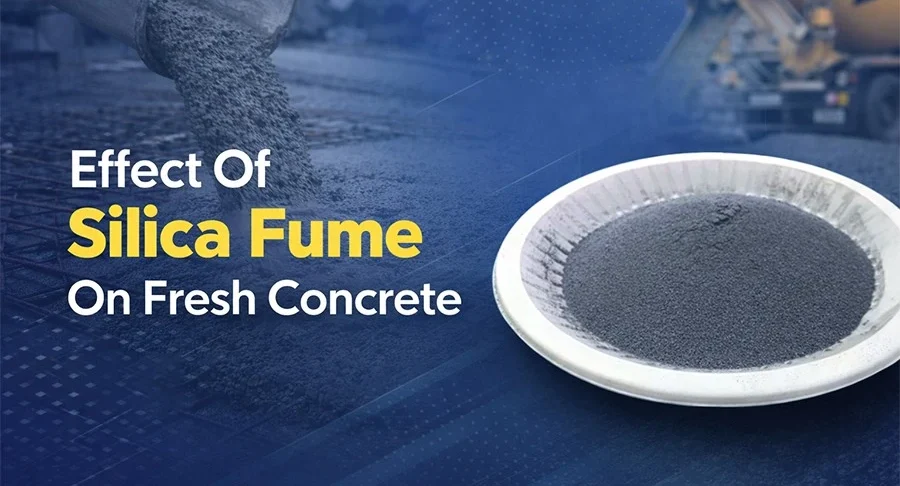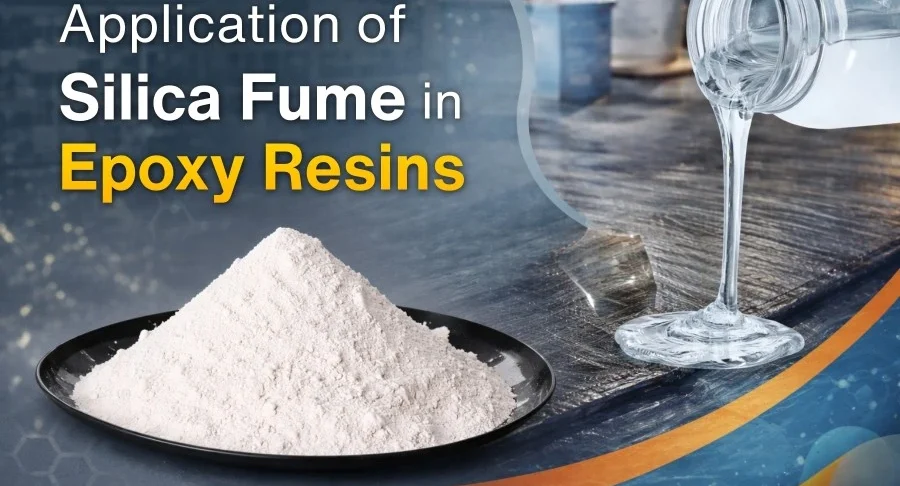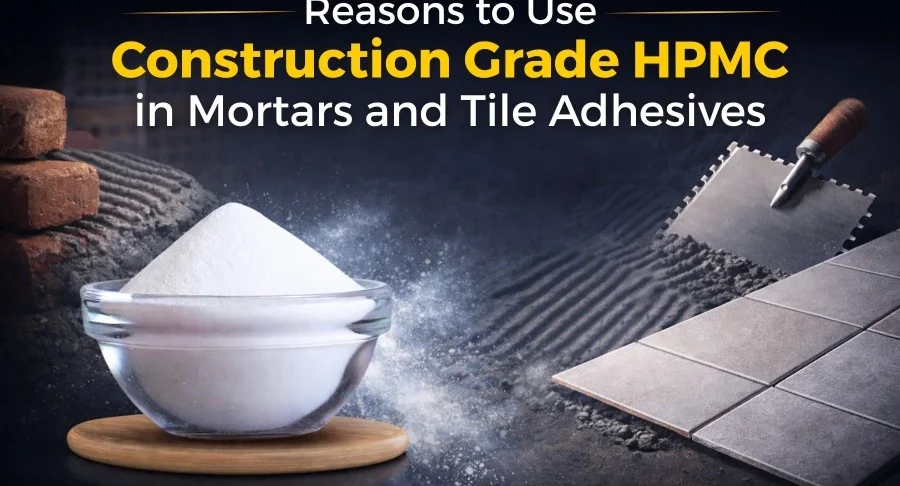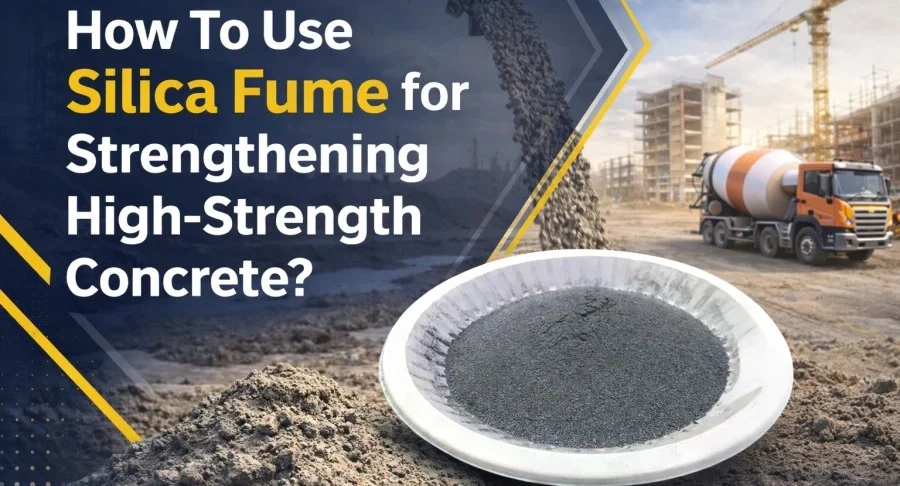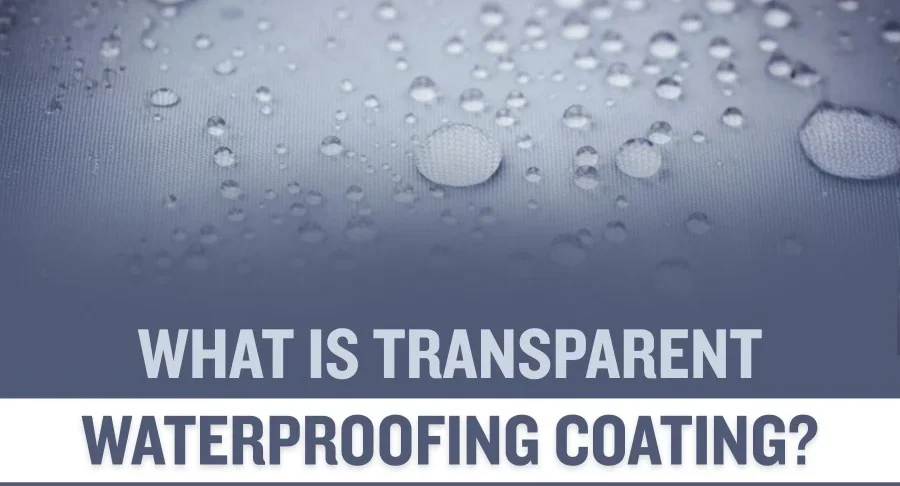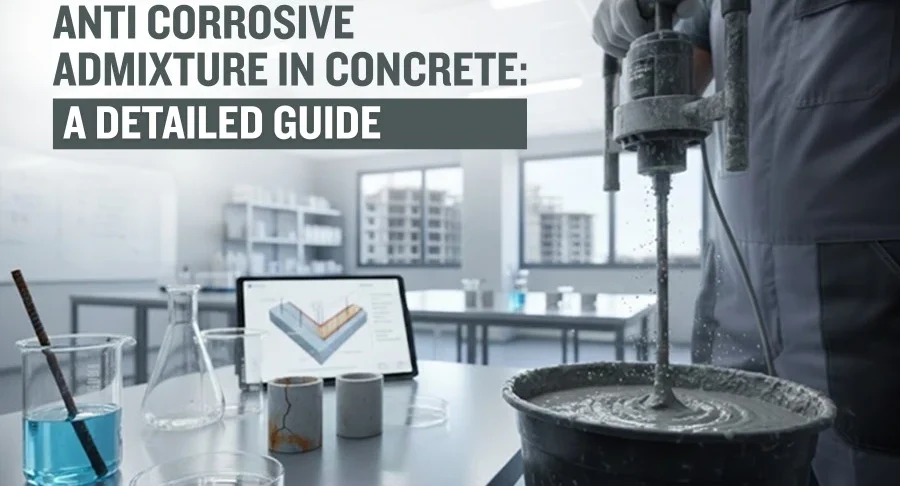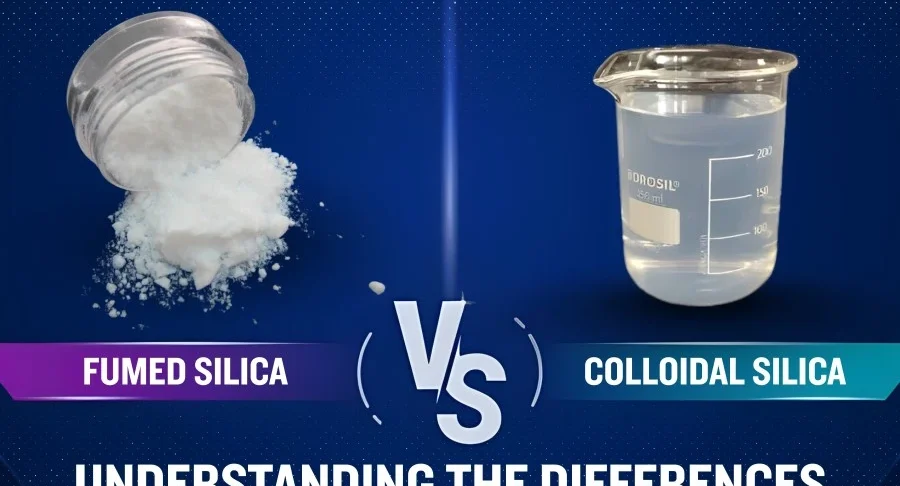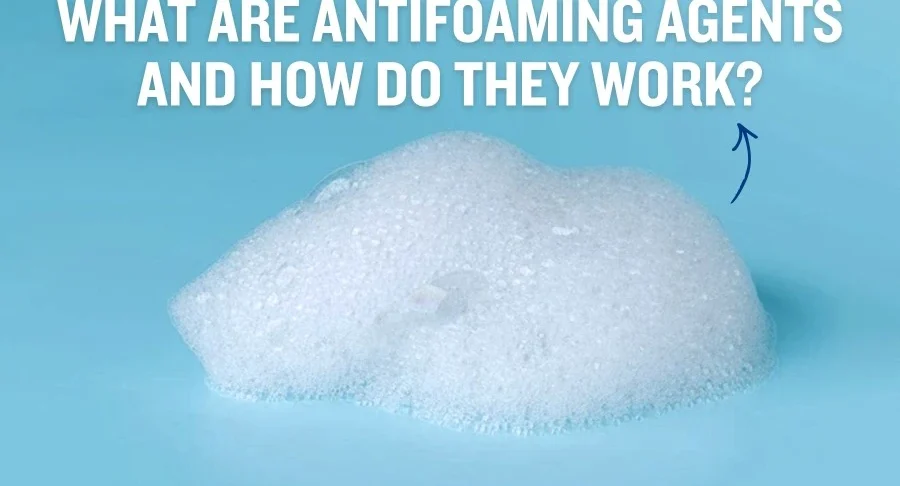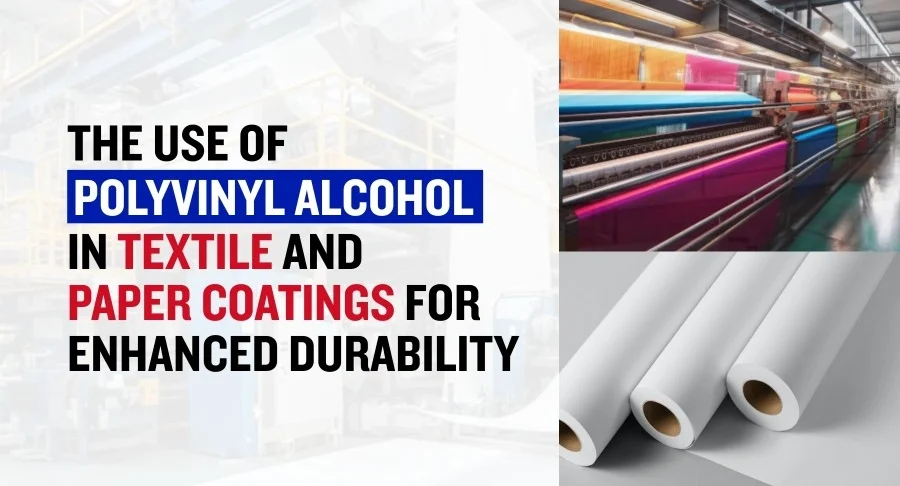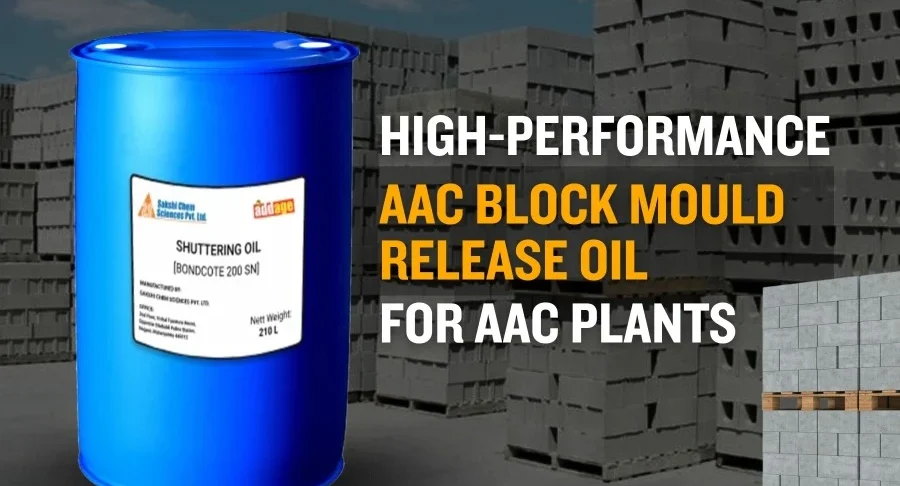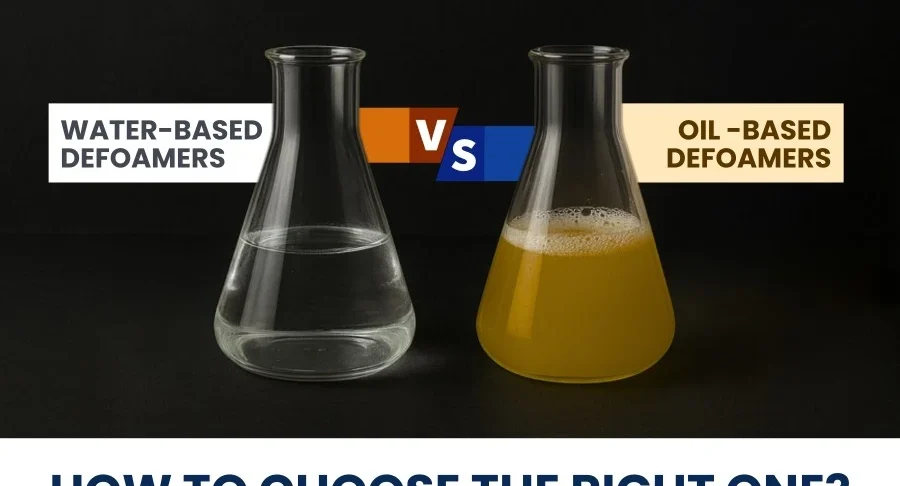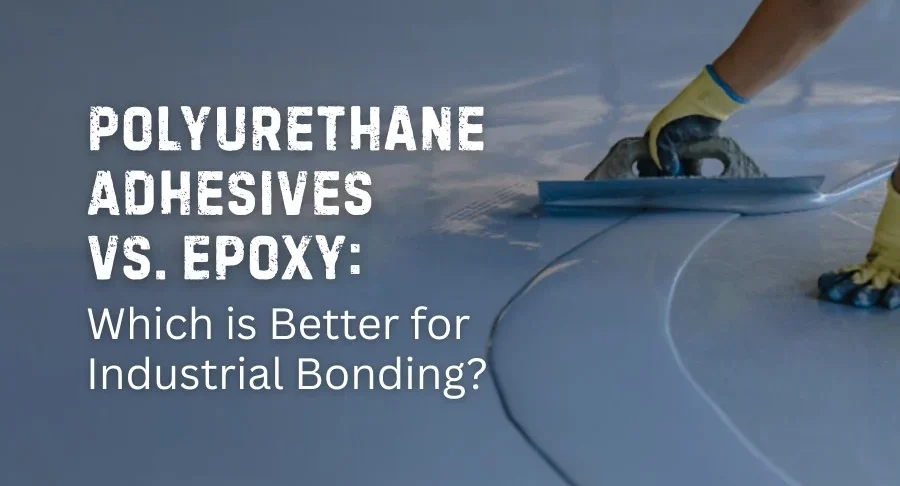Tile installation may appear to be easy, but for a long-term, successful installation, there is much more to consider than just the surface. One of the most overlooked aspects of tile installation...
The Effect of Silica Fume on the Shrinkage and Creep of Concrete
Concrete is a key factor in constructing many types of infrastructure. Due to these reasons, structures typically rely on concrete for both compressive strength and durability. However, there are...
Effect Of Silica Fume On Fresh Concrete
When determining how well-in-place a building will turn out, one must consider how the performance of freshly finished concrete can impact its final strength and durability, as well as its overall fin...
Application of Silica Fume in Epoxy Resins
Silica fume is a highly effective filler that can improve the mechanical, thermal, and durability characteristics of epoxy resin systems. The application of silica fume in epoxy resin systems enab...
Reasons to Use Construction Grade HPMC in Mortars and Tile Adhesives
To meet the requirements of contemporary building methods, today's materials must be resilient and simple to use. They also need to be reasonably uniform with regard to their characteristics and relia...
How To Use Silica Fume for Strengthening High-Strength Concrete?
Strength and durability have become essential components of modern construction projects. Conventional concrete alone is frequently inadequate for the demands placed on taller/bigger structures and fo...
How to Start AAC Block Manufacturing Plant For Maximum Profit?
Introduction Autoclaved Aerated Concrete Blocks, commonly known as AAC blocks, are revolutionising the modern construction world because of their light -weight, higher strength and outstanding ther...
Top Waterproofing Methods Trending in 2026 for Terraces & Basements
Waterproofing ceased to be an afterthought in construction at the end of an eventuality and, now in 2026, has turned into a core concept of design that materially influences the durability, security a...
How Crystalline Waterproofing Turns Structure into More Sustainable Buildings?
Introductions Waterproofing is a crucial component of modern-day construction, for preserving structures against water damage, moisture invasion, and high-cost repairs in the long term. Even th...
What Is Crystalline Waterproofing?
Waterproofing is one of the most critical elements in construction. To ensure that a building lasts and remains safe, waterproofing must be part of the overall design. Water enters buildings via a var...
What Is Transparent Waterproofing Coating? A Complete Guide
In modern construction, protection and appearance must go hand in hand. Buildings today are expected to withstand harsh weather conditions while still looking visually appealing. This is where tra...
The Application of Defoamer in Water-based Coating
Many construction, industrial, and decorative applications have relied on water-based coatings for their lower VOCs, environmental safety, and easy handling. They do have some disadvantages, such...
Why Precast Mould Release Oil Is Essential for Superior Concrete Finish?
When evaluating precast concrete products, strength and dimensions are only two aspects where quality is assessed. Moreover, appearance, consistency, durability and surface finish are also included wh...
Effects of Cellulose Fiber on Shrinkage, Anti-Crack Properties and Mechanical Performance of Concrete
Concrete has been utilized as a major construction material due to its durability and adaptability; however, the challenge of shrinkage continues to be a significant problem for the concrete industry....
How to Adjust the Curing Time of Polyurethane Curing Agent?
Polyurethanes are widely accepted by many different types of industries for their superior properties, such as flexibility, durability, and superb performance in applications. However, there is on...
Anti Corrosive Admixture in Concrete: A Detailed Guide
Even though concrete seems to be unbreakable, it is a slow killer, the corrosion of the steel reinforcements. When moisture, chlorides, or the environment contact the rebars inside the concrete and be...
Tile Adhesive vs Traditional Mortar: Why Modern Construction Needs Tile Adhesives?
Currently, tile products represent one of the most significant elements of today's construction projects. Tiles can help define a building's overall aesthetic, hygiene levels and even its durability....
Fumed Silica vs Colloidal Silica: Understanding the Differences
Choosing the Right Silica for Performance, Stability, and Strength Silica is one of the most widely used materials in a range of industries, including adhesives and sealants, coatings, electronics,...
What Are Antifoaming Agents and How Do They Work?
To understand the relationship between foam control and science in today's manufacturing environment, we first have to recognize foam as one of the many issues faced by the manufacturing industry when...
Defoamers for Paints and Coatings | Anti Foaming Agent
When you open a canister of paint, you expect it to be smooth and creamy. You would not expect to find any trapped air bubbles or foam. If you have recently purchased a new or reformulated water or...
The Use of Polyvinyl Alcohol in Textile and Paper Coatings for Enhanced Durability
As the world continues to experience rapid changes in the Industrial Marketplace, Manufacturers are continually searching for Materials that offer increasing levels of Performance, Greater Levels of D...
Why Is Centring Oil Important in Construction Projects?
Strength and durability are often so important to the construction industry that proper use of small details will lead to a quality concrete structure. One very important part of this process, which i...
High-Performance AAC Block Mould Release Oil for AAC Plants
Introduction: The Importance of High-Performance AAC Mould Oils Advanced, lightweight products made from AAC (Autoclaved Aerated Concrete) have revolutionised the way we build, offering thermal ins...
How to Get the Perfect Tile Adhesive Consistency for Strong, Long-Lasting Tiles?
When thinking of tile installation, most people envision stunning floors, glitzy bathroom walls, or finished kitchens. But, what truly determines whether or not a tile lasts 2 years vs. 20 years is no...
Different Types of Construction Chemicals and Their Usage
Construction chemicals are the basic components of all types of building projects. Good-quality construction compounds provide durability and strength to the structure. In essence, construction chemic...
Water-Based or Oil-Based Defoamers? How to Choose the Right One
Introduction Selecting the right type of defoamer is essential for attaining the optimal performance in your foaming system. Amongst the available defoamers, not all are compatible with every appli...
What is Cementitious Tile Adhesive? Benefits, Uses & Application Guide
In today's construction industry, we understand that aesthetics and durability go together. From residential flooring to commercial interior décor and architectural wall coverings, tiles have become...
Why Superplasticizers Are Dominating the Concrete Additives Market in Asia in 2026?
Currently, the construction sector across Asia is entering one of the fastest growth cycles in history. From the rapidly rising skylines and the broadening metro networks, to the new industrial corrid...
How Construction Chemicals are Shaping the Future of Green Buildings?
Urban development has rapidly changed skylines across the world. However, with growth comes a growing burden on natural resources, energy systems, and our environment. This has resulted in a globa...
Polyurethane Adhesives vs. Epoxy: Which is Better for Industrial Bonding?
Selecting the appropriate bonding agent for industrial use and applications may warrant a lively discussion between Polyurethane Adhesives vs. Epoxy or Epoxies. Both currently used adhesive types...


